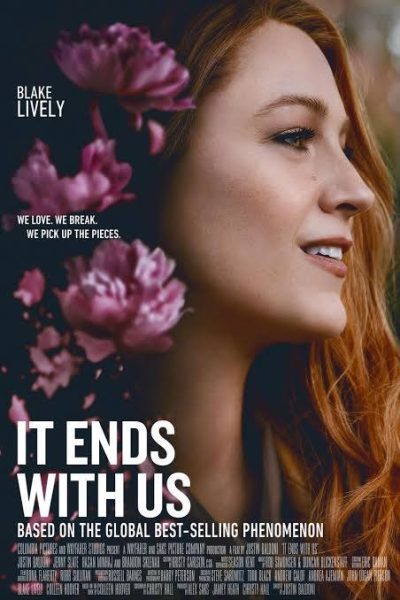A slap in the face––for all of us
The video of Will Smith slapping Chris Rock at the Oscars has become the source of widespread public attention for the past week. Since then, people have given their own personal takes on the situation. Many celebrities and Twitter users alike have offered their own views––some saying that Smith could have killed Rock and that the entire fiasco was traumatic, akin to 9/11, while others, like Michael Bay, expressed apathy towards the spectacle, saying: “babies are getting blown up in Ukraine.”
Perhaps what this entire circumstance shows is the unhealthy parasocial relationships many Americans have with celebrities. Be it entertainers like Will Smith and Chris Rock, or even entertainers-turned-politicians like Donald Trump, us media consumers forge unhealthy kinships with complete and utter strangers. We love a character, plot, and narrative that dramatizes an otherwise milquetoast and unheroic reality.
Something that doesn’t necessarily get said is that these celebrities are quite literally co-workers. They are in an industry that works to entertain the public with movies, TV shows, and an entire train of spin-offs that make them and their parent companies excessive amounts of money. It is a business scheme, but we are completely spellbound by the stories the actors and directors tell. We are wholly enamored with the fiction.
This isn’t necessarily a bad thing on its face, yet it is still unnerving to me that as a country, we are so captivated by what the mainstream promotes. For example, it’s crazy to me to think that literally a decade ago, when the first Hunger Games movie came out, interest in dystopian fiction soared, sparking subsequent dystopian series like Divergent by Veronica Roth and Legend by Marie Lu. These stories were created to fill a consumer demand; society craved more.
Dystopian novels have existed for a very long time––George Orwell’s 1984 was published in 1949 and Lois Lowry’s The Giver in 1993. Even H.G. Wells’ The Time Machine was published in 1895, and has all the contours of dystopian fiction. So, when the mainstream reintroduced dystopian stories, people flocked to read and watch them. It’s so fascinating to see how invested we all are in the worlds complete and utter strangers create, as well as the individuals that play a part in acting out the stories that inhabit them.
As much as we feel enthralled in the lives of Hollywood celebrities, our own lives are much more important to care about. We should stop having parasocial relationships with complete strangers––and also get off Twitter. People have posted dissertation-length Twitter threads about Smith’s slap––entire threads about a moment that was initiated and concluded all in a time span shorter than the length of time it took to read this very paragraph––and that’s concerning.
But fortunately, spring time presents the perfect opportunity to go outdoors and breathe fresh air. It presents the opportunity to log out of the mainstream media and spend time in our own immediate surroundings. We’ve been made to care a lot about the worlds that Hollywood and other entertainment industries create, and even more so about the people that play parts in their fictional stories. However, I think it’s time that we start to care more about the world immediately around us––more about the life in which we ourselves have the lead role.





